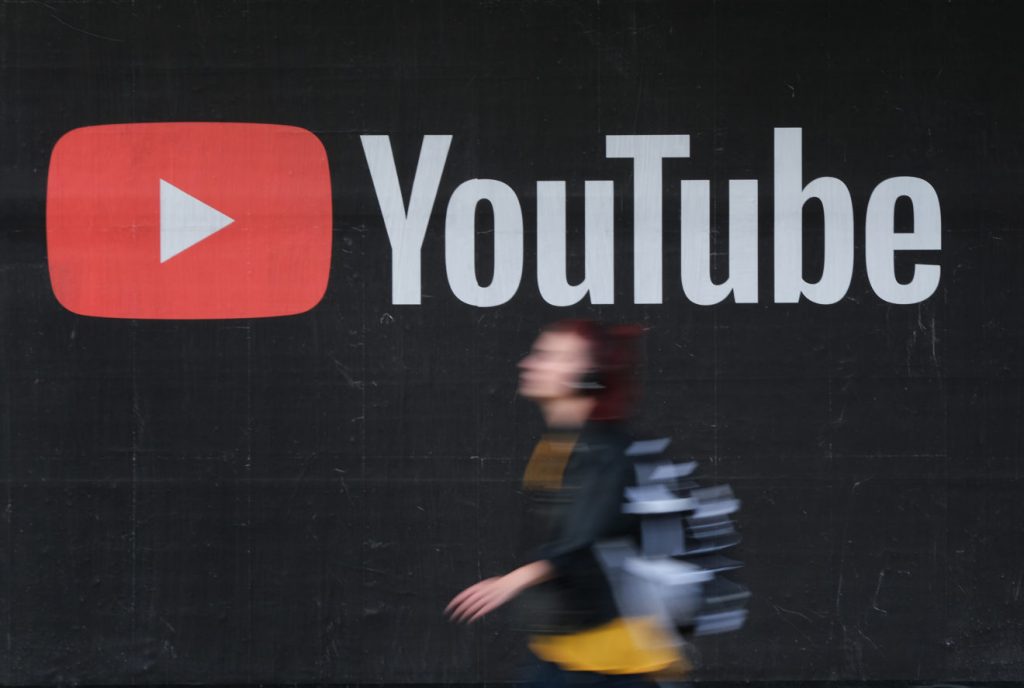Plaintiffs in a contentious case alleging that YouTube failed to secure their copyrights are attempting to “hide the ball” with their claims, according to YouTube.
YouTube urged a federal court in San Francisco to dismiss a copyright case filed by a group of creators, claiming that the plaintiffs failed to describe “a single alleged violation” in their complaint, among other things.
YouTube reveals millions of incorrect copyright claims in six months
Between January and June of this year, nearly 2.2 million copyright claims were filed against YouTube videos before being overturned, according to a new study released by the firm today. YouTube’s Copyright Transparency Report is the first of its type, and it will be updated biannually in the future.
The 2.2 million false claims account for less than 1% of the more than 729 million total copyright claims filed in the first half of this year, with Content ID, YouTube’s automatic enforcement tool, accounting for 99 percent of them. According to the survey, 60 percent of the time when people questioned these allegations, the case was settled in favor of the video uploader.
Though erroneous copyright claims are a drop in the bucket in the great scale of things, YouTube artists have long complained about the platform’s handling of claims, claiming that overly aggressive or unjustified enforcement can result in lost revenue. Claims for copyright can result in videos being blocked, audio being muted, or ad income being returned to the rights owner. This new research gives form to a problem that YouTube has acknowledged as in need of improvement.
In a blog post published in 2019, YouTube CEO Susan Wojcicki stated that the company has heard creators’ concerns and that the company was “exploring advances in striking the proper balance between copyright owners and creators.”
According to the latest research, “no system is flawless,” and mistakes happen even when safeguards are in place to avoid abuse of enforcement procedures. “When disputes arise, the YouTube process gives meaningful recourse, and over 60% of these issues were resolved in favor of the uploader,” according to the research.
YouTube says creators are ‘hiding the ball’ with copyright claims
Maria Schneider, a Grammy-winning composer, and musician filed a lawsuit on behalf of a proposed class of small copyright owners last year, claiming that YouTube only enforces the rights of large companies like major film studios and record labels while allowing pirated content from smaller content owners to help attract users.
Major firms have access to YouTube’s powerful Video ID software to scan for and automatically prohibit infringing content, according to an upgraded version of the lawsuit filed last month, while smaller artists are “deliberately left out in the cold.”
The plaintiffs haven’t identified all of the works they’re suing for, and they claim the right to add more copyrights to the lawsuit “whenever they want,” according to YouTube, despite a court ruling that was supposed to put a halt to their “moving target” strategy.
YouTube claimed that Schneider and co-plaintiffs Uniglobe Entertainment and AST Publishing failed to prove ownership of some of the copyrights at issue. Other relevant copyrights were not registered until the complaint was filed, according to YouTube.
The motion said the plaintiffs didn’t identify any specific instances of actual infringement. “If Plaintiffs are not made to satisfy the basic pleading requirements for their claims, they will continue to bob and weave as they have for the past 18 months,” YouTube said.
Schneider’s attorneys, Joshua Schiller and Philip Korologos of Boies Schiller Flexner and Randall Ewing of Korein Tillery, as well as YouTube’s parent company Google and attorney David Kramer of Wilson Sonsini Goodrich & Rosati, who is representing YouTube, did not immediately respond to a request for comment.
